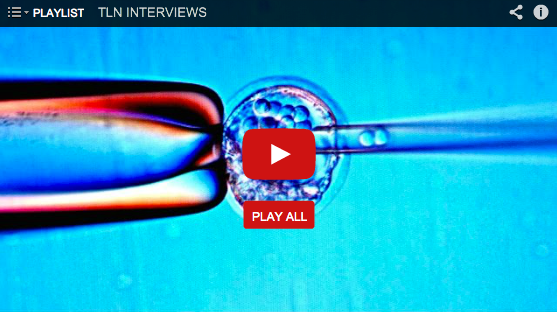Stem cell treatment and research towards curing illness–from multiple sclerosis to spinal injury–is detailed by Dr. Neil Riordan. The American medical industry, obstructions to research in the states, misconceptions about stem cells, and the details about the treatment process are explained–and we look at video of patient recovery and speculate at what the future could spell for stem cell treatment and research in this Lip News interview, hosted by Elliot Hill.
GUEST BIO:
Dr. Neil Riordan is the founder and Chairman of Medistem Panama, a leading stem cell laboratory and research facility – located in Panama City. His institute is at the forefront of research of the effects of adult stem cells on the course of several chronic diseases. Dr. Riordan has more than 60 scientific articles in international peer-reviewed journals. In the stem cell arena, he and his colleagues have published more than 20 articles on Multiple Sclerosis, Spinal Cord Injury, Heart Failure, Rheumatoid Arthritis.

